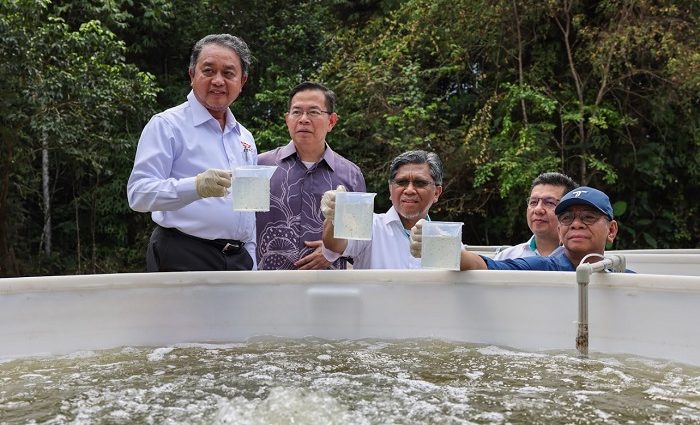- Agreement covers cultivation, harvesting, extraction of crude algae oil
- State sees development of next-gen renewable oil as potential game-changer

Malaysia’s national oil company, Petronas, and the Sarawak Economic Development Corporation (SEDC) have entered into a joint development agreement for microalgae oil production. The agreement is specifically for the development of algae production technology and will be undertaken by Petronas Research Sdn Bhd, PRSB, a Petronas subsidiary; and SEDC Energy Sdn Bhd, a subsidiary of SEDC.
Biofuels are seen as an alternative to fossil fuels which allows existing fuel-based assets to keep running by using more sustainable fuel options. This is a consideration where the cost of full electrification is deemed to be too prohibitive. According to the press release, the immediate opportunity for this technology would be to produce Sustainable Aviation Fuel (SAF).
The agreement between PRSB and SEDC will cover the cultivation, harvesting, and extraction of crude algae oil, which in turn will be refined into sustainable aviation fuel. It is worth noting that the International Energy Agency (IEA) estimates that the cost of producing biofuels remains double to triple that of fossil fuels. Only 3.6% of global transport energy demand was biofuels-based in 2021.
The International Air Transport Association (IATA) has called on governments in the Asia-Pacific region to incentivise the adoption of SAF given existing net-zero targets. Japanese carriers are targeting to replace 10% of their fuel consumption with SAF. Both Malaysia Airlines and Singapore Airlines have also successfully piloted SAF flights in the past year.
Petronas was represented by Bacho Pilong, Senior Vice President of Project Delivery and Technology, at the signing ceremony. “We believe crude algae oil has the potential to support Petronas’ Net Zero Carbon Emissions by 2050 aspiration, and we welcome collaborations with like-minded partners like SEDC who share our vision. We also look forward to playing our role in realising the State’s sustainability goals” he added.
Sarawak premier Abang Johari had previously indicated his intention for the state to be a centre for renewable energy. At the signing ceremony, SEDC Chairman Dr Abdul Aziz Husain added that low-carbon initiatives will complement the development of Sarawak’s Hydrogen Economy. “It has been Sarawak’s interest to explore as many solutions as possible to mitigate carbon emissions and the collaboration with Petronas in the development of next-generation renewable oil can potentially be a game-changer,” he added.
Petronas has recently announced a feasibility assessment in collaboration with Italian energy company, Eni S.p.A and Japanese microalgae based biotech company, Euglena Co, Ltd on the possibility of developing a biorefinery at its Pengerang, Johor refinery. One of the stated objectives of the biorefinery, should it materialise, is to produce sustainable aviation fuel.

